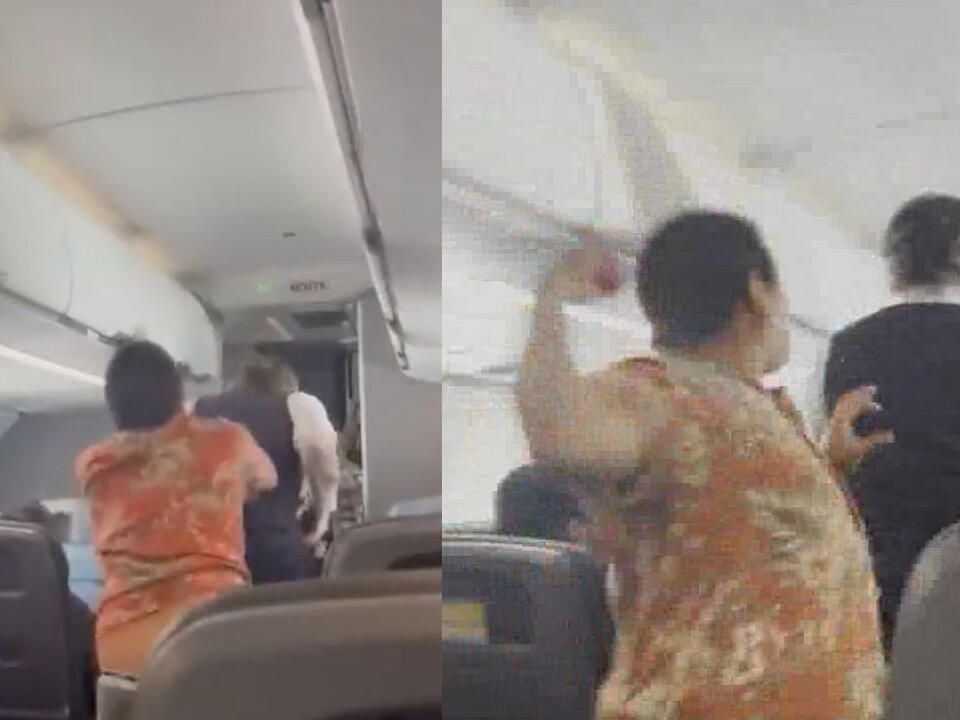When asked to stop, the flight attendant said the customer accused of forcefully kicking the seat in front of him shouted at him, struck him in the stomach, and rose and attacked him three more times.

Man charged with punching an American Airlines flight attendant faces up to 20 years in prison (Photo: Google)
Fagiana’s Violent Outburst and Onboard Detainment
After reportedly assaulting a flight attendant on an American Airlines aircraft from Dallas-Fort Worth International Airport to Bozeman, Montana, Keith Edward Fagiana faces significant accusations. Another passenger reported Fagiana forcefully kicking their seat. The flight attendant urged Fagiana to stop, but he swore at him, punched him in the stomach, and then threw three more strikes after getting up.
As things escalated, the flight attendant and other passengers detained Fagiana with flex cuffs until the aircraft made an emergency landing in Amarillo, Texas. Law enforcement intervened when Fagiana reportedly kicked a police officer in the crotch and spit on aircraft removal officers. According to the FBI agent, Fagiana faces accusations of interfering with a flight crew, which may result in a 20-year jail term.
In released court records, an FBI agent described the encounter. According to the affidavit, Fagiana resisted and spit at cops when they cuffed him. His face was covered with a “spitting mask”. Fagiana said he drank ‘Captain Morgans’ at pubs before boarding but didn’t recall the trip.
READ ALSO: Judge Approves Homicide Defendant’s Competency For Trial
Legal Consequences for Fagiana and Flight Crew Interference Charges
In his first federal court appearance in Amarillo, Texas, Keith Edward Fagiana will face flight crew interference charges. Alleged flight acts are underscored by the allegations and possible penalties, including a significant jail term.
This event increases airline reports of disruptive passengers, raising safety concerns. The FAA documented over 2,000 occurrences of rowdy conduct in a recent period, down from 2021 but still underscoring the difficulty airlines have in keeping order despite growing travel. This event emphasizes the necessity for high monitoring and harsh penalties for disruptive conduct.
READ ALSO: CBP Officers In Laredo Capture Intoxication Manslaughter Fugitive

















































